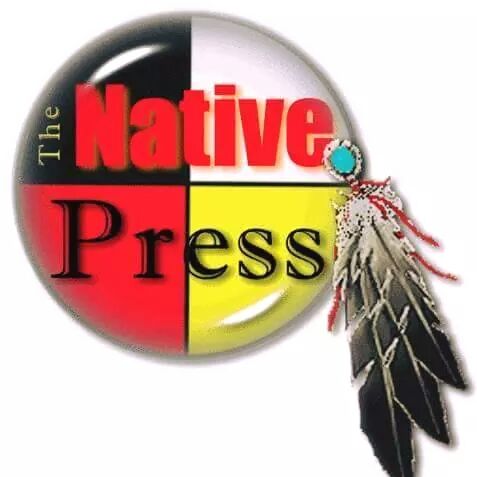[ad_1]
Typically in elections, one party — the one in power — campaigns on and is attacked for its record in government.
In the 2025 Yukon campaign, it seems like all three parties are facing attacks on their records, even though only one of them, the Liberals, has actually been in power since the last election.
But the NDP have made a big deal in this campaign about the Yukon Party’s track record in government. The Yukon Party hasn’t been in power since 2016, but the party’s slate in this campaign features four former cabinet ministers, including Leader Currie Dixon.
NDP Leader Kate White rarely misses a chance to refer to the “conservative Yukon Party” in print and in speeches, even though that’s not the party’s actual name. And the New Democrats have gone hard after the Yukon Party’s fundraising practices and ties to the federal Conservative Party, of which there are several.
In statement after statement, White has sought to portray the Yukon Party holdovers as heavy-handed ministers who picked fights with everyone from health care workers to First Nations.
Speaking as part of a panel on CBC’s Yukon Morning on Friday, former NDP leader Liz Hanson recalled the Yukon Party’s unpopular handling of the Peel watershed, a land-use planning fiasco that ended up in the Supreme Court of Canada.
Hanson said the criticism of the Yukon Party’s record in government is fair game.
“There’s been a discussion about whether or not this [the NDP’s] is an attack campaign,” Hanson said. “It’s not. It’s basically refreshing for people the memory of what has happened in the past, with the Yukon Party with its conservative policies.”
Meanwhile, the Yukon Party has hammered away at the record of what it calls the “Liberal-NDP” government, which is not entirely accurate.
It is of course true that the NDP propped up the minority Liberals under a pair of confidence and supply agreements, in exchange for significant policy concessions.
But the NDP was never actually part of the government. The party had no cabinet ministers and clashed frequently with the Liberals over the direction of government. The New Democrats and Yukon Party also enjoyed teaming up on the Liberals from time to time.
To Dan Lang, a former Progressive Conservative MLA and Conservative senator, that’s all a distinction without a difference.
“They have to take some responsibility for the issues that face us, [like] the crisis in health care,” he said. “And the elephant in the room as far as I’m concerned is the escalating crime and drug use and the soft-on-crime approach that’s been taken by the present government and the NDP.”
Meanwhile, the Liberals, despite being the actual governing party for the last nine years, seem to have evaded most of the hostility in this campaign, even if they have faced criticism for their record and their inability to field a full slate of candidates.
And while all three parties agree the health-care system is in major need of a massive influx of cash to pay for both new buildings and new staff, former Liberal leader Arthur Mitchell said his party deserves credit for plowing hundreds of millions of new dollars into the system.
Mitchell also flat-out dismissed the prevailing sense that the Liberals are in trouble in Monday’s vote.
“I think that we will have an election that some of our candidates will do very well and others will be in tight races,” he said.
This is a version of the old chestnut that the only poll that counts is on election day. Clichés are annoying, but sometimes they’re also true.
[ad_2]
Source link

